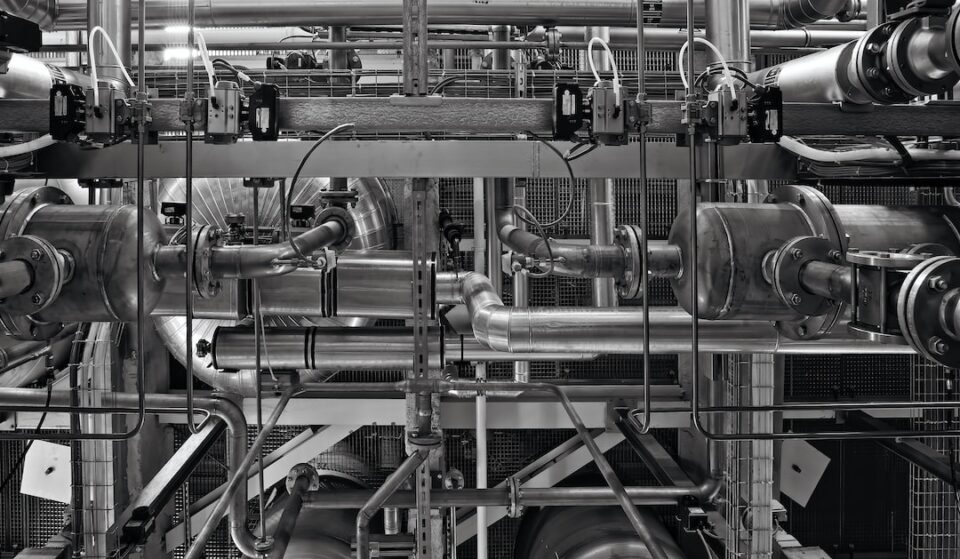The Importance of Continuous Improvement in Manufacturing Processes
In today’s rapidly changing business landscape, manufacturers face increasing pressure to improve their processes and stay ahead of the competition. One key strategy that has proven to be extremely effective in achieving this goal is continuous improvement. Continuous improvement refers to an ongoing effort to enhance efficiency, quality, and productivity within manufacturing processes. By adopting this mindset, manufacturers can unlock several benefits that contribute to their long-term success.
First and foremost, continuous improvement allows manufacturers to identify and eliminate waste in their processes. Waste can take various forms, including excess inventory, unnecessary movements, and defects. By continuously evaluating their operations and seeking ways to minimize waste, manufacturers can streamline their processes, reduce costs, and enhance overall efficiency. This not only improves their bottom line but also allows them to produce goods more rapidly and respond faster to customer demands.
Another important advantage of continuous improvement is the improvement in quality it brings. By constantly assessing manufacturing processes and seeking ways to enhance them, manufacturers can identify potential issues that affect product quality and implement corrective measures. This helps to reduce defects, improve yield rates, and deliver products that meet or exceed customer expectations. High-quality products not only enhance customer satisfaction but also contribute to the reputation and credibility of the manufacturer, resulting in increased customer loyalty and potential new business opportunities.
Furthermore, continuous improvement fosters innovation within manufacturing processes. By encouraging employees to constantly analyze and evaluate processes, manufacturers create a culture of perpetual learning and improvement. This leads to the generation of innovative ideas and the development of new and improved manufacturing techniques. Through innovation, manufacturers can stay ahead of the competition, adapt to ever-changing market demands, and seize new growth opportunities.
Additionally, continuous improvement promotes employee engagement and development. By involving employees in the improvement process, manufacturers empower them to contribute to the success of the organization and take ownership of their work. This not only boosts morale but also results in increased productivity, as employees are more motivated to share their ideas and take initiative in their own work. Continuous improvement also provides opportunities for employees to develop new skills, acquire knowledge, and expand their expertise, which in turn benefits both the individual and the organization.
It is also important to note that continuous improvement is not a one-time effort, but an ongoing process. Manufacturers should constantly assess, monitor, and refine their processes to ensure they remain efficient and effective. Regularly reviewing performance metrics, setting goals, and implementing corrective measures are necessary steps in the continuous improvement journey. By maintaining a focus on improvement, manufacturers can sustain their competitive advantage and adapt to changing market dynamics.
To successfully implement continuous improvement in manufacturing processes, manufacturers should consider utilizing various tools and methodologies. One commonly used approach is the Plan-Do-Check-Act (PDCA) cycle, which involves planning the improvement, implementing the changes, evaluating the results, and acting on the findings. Other methodologies such as Lean Manufacturing and Six Sigma can also be employed to identify opportunities for improvement and guide the process.
In conclusion, continuous improvement is of utmost importance in manufacturing processes. It enables manufacturers to identify and eliminate waste, improve product quality, foster innovation, engage employees, and sustain a competitive edge. By embracing a culture of continuous improvement, manufacturers can enhance their overall efficiency, productivity, and profitability, paving the way for long-term success in the dynamic world of manufacturing.

